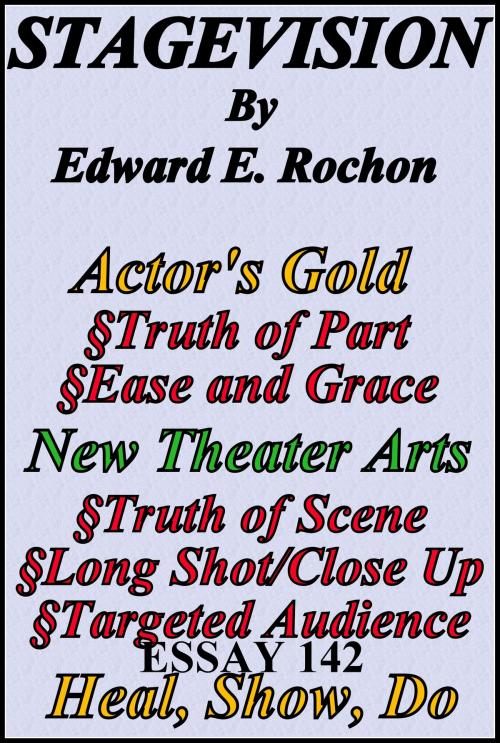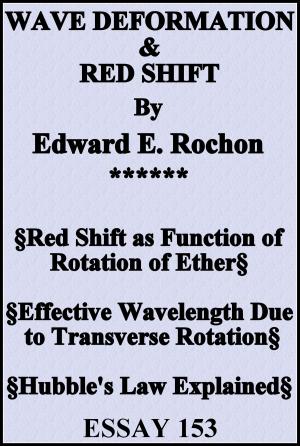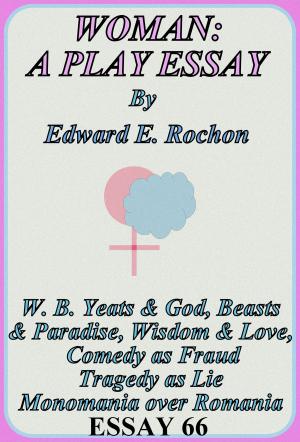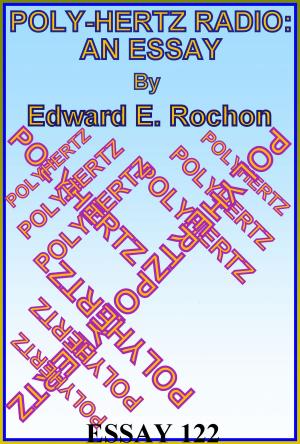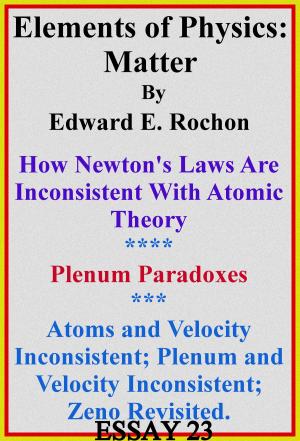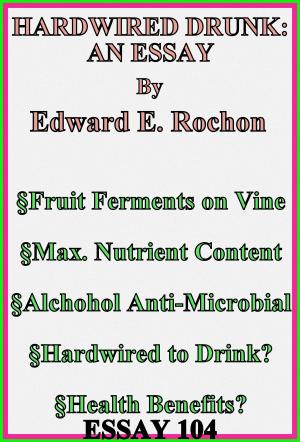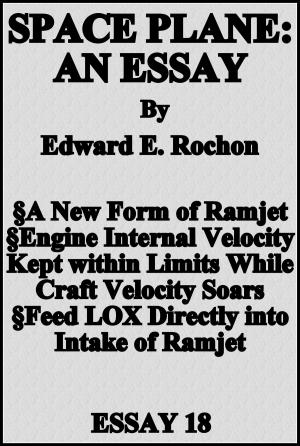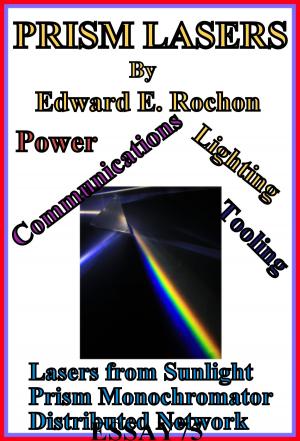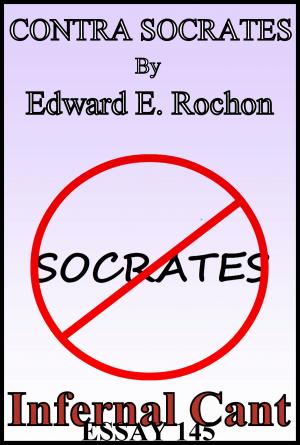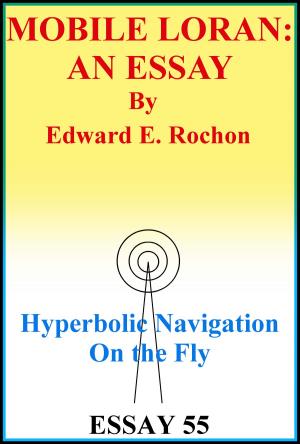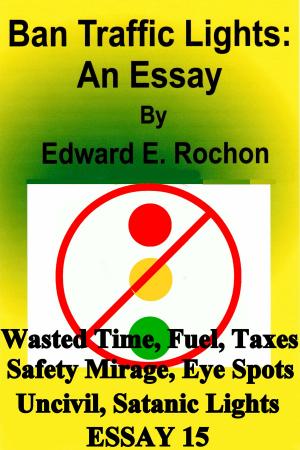Stagevision
Nonfiction, Entertainment, Performing Arts, Business Aspects, Business & Finance, Industries & Professions, Industries| Author: | Edward E. Rochon | ISBN: | 9781370225446 |
| Publisher: | Edward E. Rochon | Publication: | September 20, 2017 |
| Imprint: | Smashwords Edition | Language: | English |
| Author: | Edward E. Rochon |
| ISBN: | 9781370225446 |
| Publisher: | Edward E. Rochon |
| Publication: | September 20, 2017 |
| Imprint: | Smashwords Edition |
| Language: | English |
A preface notes high tech advances that open fusion of stage and TV as never before. Notes my most popular essay: Mechanical Acting: An Essay as an informal adjunct to this essay. Emphasizes learning and health of drama. Chapter 1 discusses using stagevision to get more high value content out there to fill up 500 channels and keep live acting closer to traditional stage with the obvious modifications. Some former ideas of ease and grace being the heart of acting rather than conflict open up to health and education as a prime mover with drama as an option to spread out overhead, development costs. and getting advantages in production from both stage and set. Chapter 2 talks about the Synaptic Symphony. An intense study figures out how to enhance learning and health benefits of theater arts to derive the formula. The formula adds factors that greatly reduce learning time by intense study of human nature and intense integration of production values as never before imagined. Chapter 3 discusses the set: buried cameras and mikes, offstage green screens with auto feed background shots, some offstage sets as garnish to the main stage, etc. Chapter 4 lays out some goals. We talk about theater arts and mental health and visits to wards and nursing homes, something that some schools and volunteers do already. We do this as an intense goal specific function to improve the audience by more targeted methods than just live stage over TV. We note how actors have some empathy with the mentally ill and idle. We suggest how theater arts may help with autism. We suggest actors with autistic children could help out. We propose theater arts therapy certificates. All arts work to improve the mind. It is highly beneficial, especially when done with skill and insight. A extra bit of pay for actors and crew rather than just opportunities to work at craft suggested.
A preface notes high tech advances that open fusion of stage and TV as never before. Notes my most popular essay: Mechanical Acting: An Essay as an informal adjunct to this essay. Emphasizes learning and health of drama. Chapter 1 discusses using stagevision to get more high value content out there to fill up 500 channels and keep live acting closer to traditional stage with the obvious modifications. Some former ideas of ease and grace being the heart of acting rather than conflict open up to health and education as a prime mover with drama as an option to spread out overhead, development costs. and getting advantages in production from both stage and set. Chapter 2 talks about the Synaptic Symphony. An intense study figures out how to enhance learning and health benefits of theater arts to derive the formula. The formula adds factors that greatly reduce learning time by intense study of human nature and intense integration of production values as never before imagined. Chapter 3 discusses the set: buried cameras and mikes, offstage green screens with auto feed background shots, some offstage sets as garnish to the main stage, etc. Chapter 4 lays out some goals. We talk about theater arts and mental health and visits to wards and nursing homes, something that some schools and volunteers do already. We do this as an intense goal specific function to improve the audience by more targeted methods than just live stage over TV. We note how actors have some empathy with the mentally ill and idle. We suggest how theater arts may help with autism. We suggest actors with autistic children could help out. We propose theater arts therapy certificates. All arts work to improve the mind. It is highly beneficial, especially when done with skill and insight. A extra bit of pay for actors and crew rather than just opportunities to work at craft suggested.
